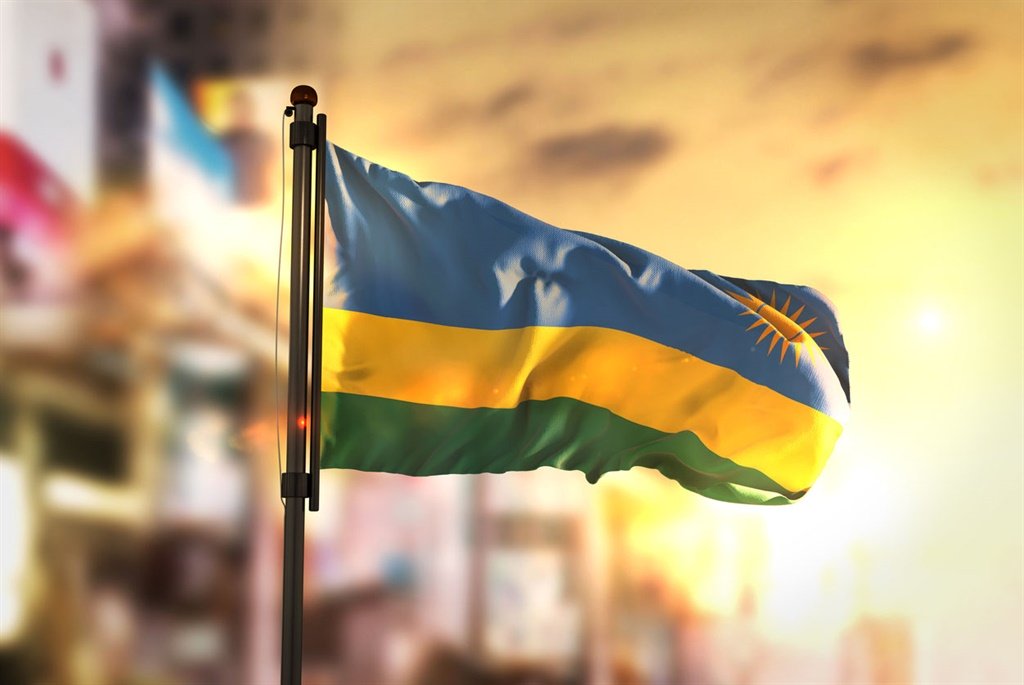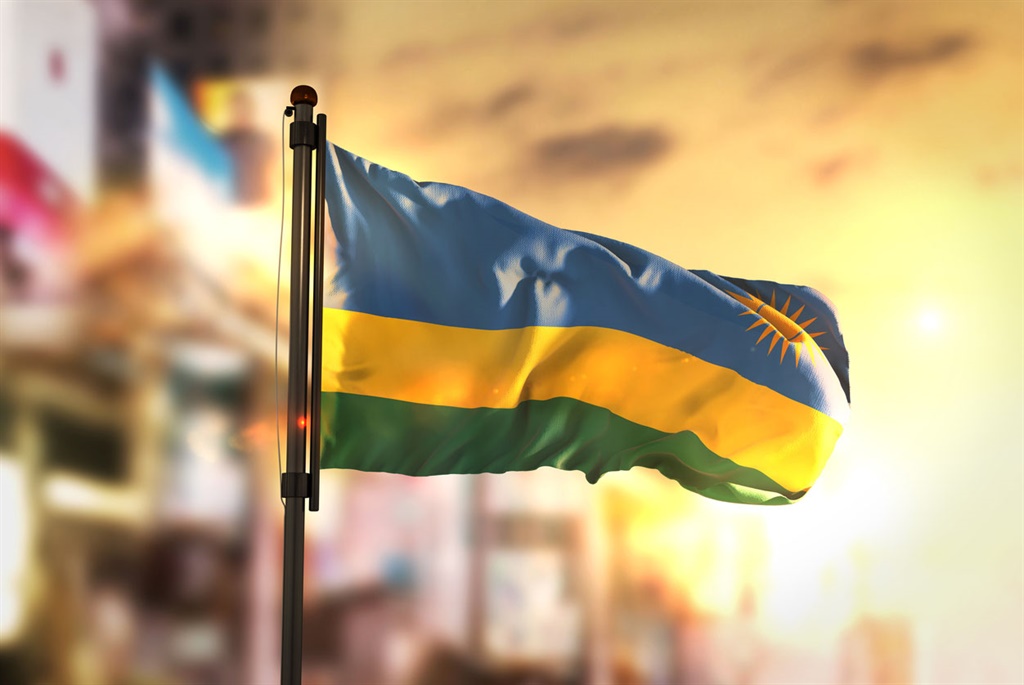

Rwanda imposed a nationwide shutdown and border controls to combat the coronavirus at the weekend in some of the strictest measures taken in Africa, as infections spread across the continent and authorities warn healthcare systems are ill-equipped to cope.
Governments from the Indian Ocean nation of Mauritius to Burkina Faso on the fringes of the Sahara have banned public gatherings, shuttered schools, churches, mosques and bars and closed their airports.
Africa has lagged behind the global curve for coronavirus infections and deaths, but in the past few days has seen a significant rise in cases.
The continent has now reported more than 1 100 infections – more than 1 000 of them in sub-Saharan Africa – as the World Health Organisation (WHO) expresses concern that poor sanitation, urban crowding and the lack of intensive-care units, equipment and trained staff could hamper any response.
The Democratic Republic of Congo reported its first death on Saturday, taking the sub-saharan African toll to six after Burkina Faso, Gabon and Mauritius previously reported fatalities.
But WHO chief Tedros Adhanom Ghebreyesus warned that official figures being given likely did not reflect the full picture.
The figures for Africa are just a fraction of the more than 300 000 confirmed infections worldwide and the more than 13 000 dead.
Rwanda is closing its borders completely, except for goods and cargo and returning citizens, authorities said, after reporting 17 confirmed cases, the highest number in the East Africa region.
Anyone arriving in Rwanda will be subject to a 14-day quarantine at designated locations.
International visitors for tourism and trade shows are a major source of revenue for Rwanda and the capital Kigali in particular, which markets itself as an attractive location for global conferences.
It follows Mauritius some 1 800 km off the eastern coast of Africa – which went into lockdown on Friday after reporting its first death and 14 confirmed cases.
Africa’s most populated country Nigeria announced a tightening of restrictions on its 200 million people, with churches, mosques, social gatherings, football viewing centres and night clubs only permitted to host up to 50 people.
In West Africa, the outbreak has resurrected memories of the 2014 Ebola outbreak that left more than 11 000 dead mainly in Guinea, Liberia and Sierra Leone.
Despite fears over the virus, Guineans were set to go to the polls Sunday to vote in a divisive referendum on whether to adopt a new constitution that has sparked months of protests.
In neighbouring Senegal, which has almost 60 confirmed infections, the government said Saturday it would show “no tolerance” for those found breaking restrictions – including a ban on public prayers in mosques put in place to combat the pandemic.
On Friday, Zimbabwe announced its first Covid-19 case at Victoria Falls, a resort town. That was followed on Saturday by news of the first case in the capital Harare.
In South Africa – the continent’s largest economy – Health Minister Zweli Mkhize said last week that infections “ultimately can affect up to 60% of the population.”
A 2016 analysis by the Rand Corporation, a US think-tank, found that of the 25 countries in the world that were most vulnerable to infectious outbreaks, 22 were in Africa – the others were Afghanistan, Yemen and Haiti. The report identified a “disease hotspot belt” extending across the southern rim of the Sahara through the Sahel to the Horn of Africa, where many countries are struggling with conflicts.

